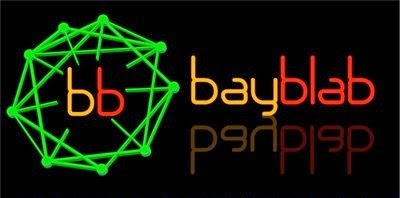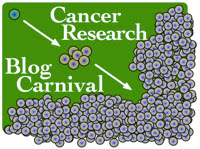
I recently attended the 4th Canadian Gene Therapy and Vaccines Symposium held in Montreal, Quebec. There were many interesting speakers and I shared a hotel room with three women, whom insisted that we go to a Montreal strip club. However, there were even more things at the conference that sounded too good to be true.
Dr. Paul Fisher from Virginia Commonwealth University School of Medicine presented a massive amount of data spanning many years about a cytokine his group cloned, now known as IL-24. The gene was cloned using subtractive hybridization, a very innovative technique at the time, identifying IL-24 as induced during terminal differentiation of melanoma cells. This indicates that IL-24 is a potentially useful agent for differentiation therapy for cancer treatment. Dr. Fisher reported, both at the conference and in publications, that ectopic expression of IL-24 has antiproliferative and proapoptotic effects in cancer cell lines but not in normal cells. The delivery of IL-24 with an adenoviral vector showed extremely impressive results against a variety of tumour types in vitro and in vivo. This approach of using adenoviral vectors to deliver IL-24 is currently in a Phase III clinical trial. The mechanism of action for this was saved for late in the talk and seemed complicated to myself and even to Dr. Fisher as he acknowledges in his 2005 review of IL-24 as a magic bullet against cancer. (subscription required)
It was very interesting and I was totally sold. So, of course, I did some further reading and found a bit of a controversy about the antitumour activity of IL-24.
A summary of a recent review about the potential issues with IL-24 as a therapeutic is below:
>The actual endogenous function of IL-24 so far indicates that it is involved in the regulation of immune and inflammatory reponses in skin tissue.
>Although referred to as a tumour suppressor in some papers there is no convincing evidence that it satisfies the definition.
>Probably most importantly, there are conflicting reports about the effects of exogenous IL-24, from various sources, on cancer cells.
>There is no clear mechanism for IL-24's differential effects on cancer vs normal cells.
>It is possible that the delivery of IL-24 via adenoviral vector is the combination that creates an antitumour activity. Although that would contradict much of the previous work.
When all is said and done, I almost want to try some of the experiments, and really, everything comes up good if the phase III results show promise. It was surprising to me that there were still serious questions about a therapeutic so far into clinical trials.

 Podcast
Podcast




1 comments:
It could give you more facts.
Post a Comment